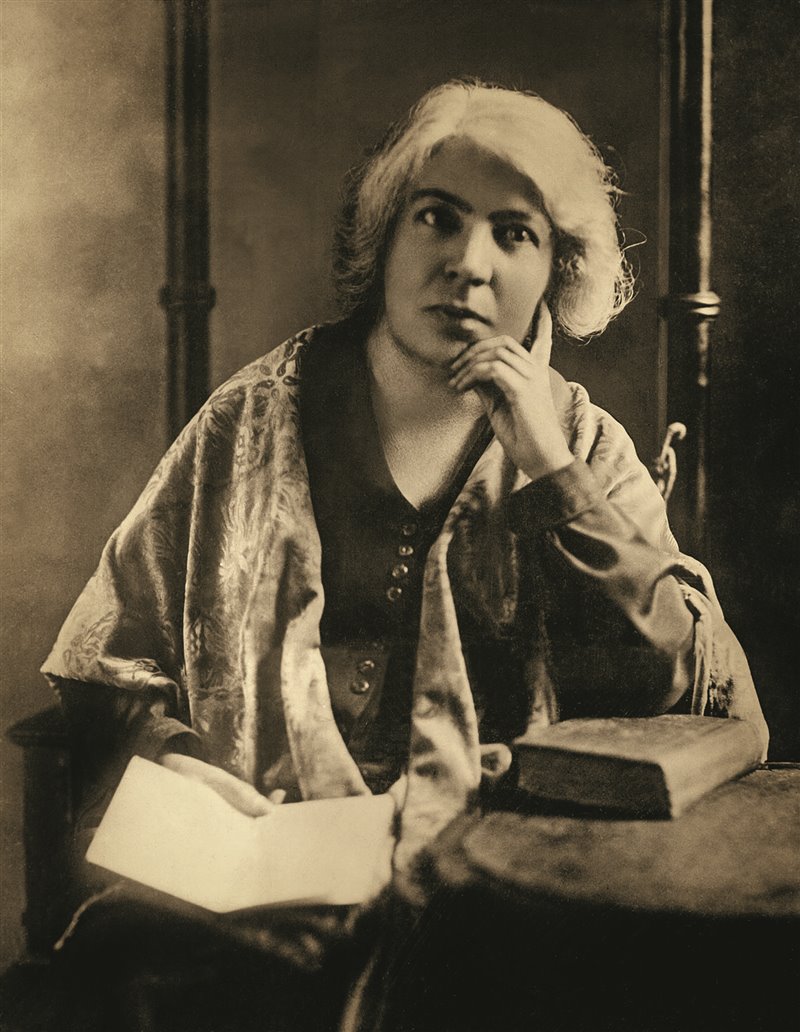Why was Grazia Deledda Awarded the Nobel Prize for Literature in 1926?
Grazia Deledda's Nobel Prize: Unraveling the Literary Soul of Sardinia
Grazia Deledda, an Italian novelist and poet, stands as a prominent figure in the realm of literature. In 1926, she was honored with the Nobel Prize for Literature, a testament to her exceptional literary prowess and her ability to capture the essence of Sardinian culture and its people.
Early Life and Literary Journey
On September 27, 1871, in the Italian island of Sardinia’s tiny village of Nuoro, Grazia Deledda was born. Her early life was steeped in the rich cultural heritage of the island, and she developed a deep appreciation for the traditions, folklore, and unique way of life of the Sardinian people. Although she received only a basic education, Deledda’s passion for literature was ignited by her voracious reading and her innate storytelling talent.
Her literary journey commenced with the publication of her first novel, “Fior di Sardegna” (The Flower of Sardinia), in 1892. The novel received critical acclaim, establishing Deledda as a promising young writer. However, it was her subsequent works that would secure her reputation as one of Italy’s most celebrated authors.
A Portrayal of Sardinian Life and Culture
One of the primary reasons Grazia Deledda was awarded the Nobel Prize for Literature was her exceptional ability to depict the soul of Sardinia and its people in her writings. Through her novels, she brought to life the rugged landscapes, the struggles of the rural communities, and the deep-rooted customs and beliefs of the island.
Her novel “Elias Portolu” (1903) marked a significant turning point in her career. The story delves into themes of love, sacrifice, and redemption, all set against the picturesque backdrop of Sardinia. Deledda’s intricate portrayal of her homeland captivated readers, earning her widespread acclaim and recognition beyond the borders of Italy.
Exploration of Human Emotions
Deledda’s literary prowess extended beyond mere descriptions of landscapes and cultural traditions. Her characters were vividly complex, and she fearlessly explored the depths of human emotions and the intricacies of the human psyche. Her novels often revolved around strong female protagonists, challenging the conventional gender roles of her time.
In “Canne al vento” (Reeds in the Wind) published in 1913, she masterfully delves into the struggles and aspirations of a woman named Maria, providing a compelling portrayal of love, loss, and resilience. Her ability to weave intricate narratives that touched the heartstrings of readers earned her admiration and accolades from literary circles worldwide.
Recognition and Nobel Prize Triumph
In 1926, Grazia Deledda’s literary accomplishments culminated in the Nobel Prize for Literature. The Swedish Academy commended her for her profound understanding of the human condition, her poignant depictions of Sardinian life and culture, and her exploration of universal emotions that resonated with readers across different cultures.
The Nobel Prize further solidified Deledda’s reputation as a literary luminary, and she remains the only Italian woman to have received this esteemed award for literature to date. Her influence on Italian literature and her contribution to elevating the status of women in the literary world are enduring legacies that continue to inspire generations of writers.
Grazia Deledda’s Nobel Prize for Literature in 1926 was a testament to her extraordinary talent in capturing the essence of Sardinian culture and her profound insights into the human experience. Through her novels, she gifted readers with a unique perspective of Sardinia and its people, as well as an exploration of universal emotions that transcended cultural boundaries. Grazia Deledda’s literary legacy remains a source of inspiration and admiration, solidifying her position as one of Italy’s most celebrated authors.





